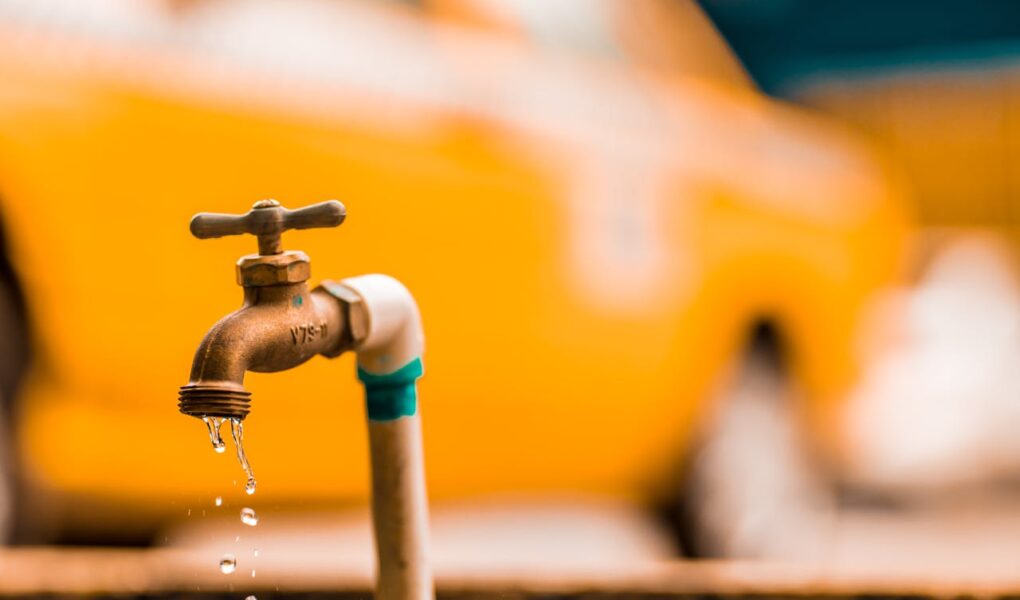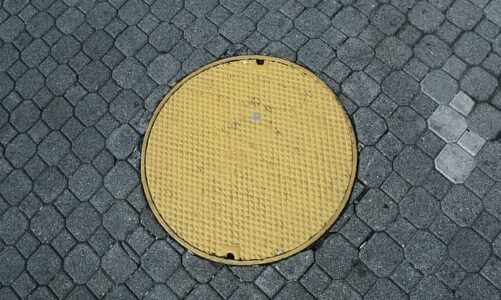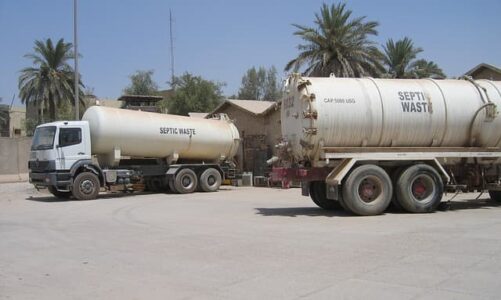Clogged drains can disrupt your daily routine, leading to unpleasant odours, slow drainage, and even water damage if left unchecked. While many homeowners turn to do-it-yourself (DIY) solutions, not all clogs are created equal. Understanding the difference between DIY methods and professional drain cleaning is crucial for maintaining a healthy plumbing system.
Understanding the Basics of Drain Cleaning
Drain clogs can stem from everyday materials like hair, grease, food debris, soap scum, or even foreign objects accidentally washed down the drain. In outdoor drains, invasive tree roots can also cause blockages. Each type of clog requires a tailored approach; for instance, grease build-up might need professional cleaning, while a small hair clog may respond to a DIY fix. Ignoring clogged drains can lead to serious consequences, including foul odours, persistent water backups, and even structural damage to your home’s plumbing system. Prompt attention can save you time, money, and the headache of extensive repairs.
Popular DIY Solutions and Their Effectiveness
When faced with a clogged drain, many homeowners turn to DIY methods to save time and money. While these solutions can be effective for minor blockages, they come with limitations that may not address the root cause of the issue.
Plungers: The First Line of Defense
Plungers are a household staple for clearing minor blockages. They work by creating suction to dislodge clogs, making them ideal for simple problems like food debris or soap build-up. To use effectively, ensure the plunger’s rim forms a tight seal around the drain, and apply steady, forceful pressure. While plungers can handle blockages in sinks, showers, and toilets, they may struggle with deeper or more stubborn clogs.
Natural Remedies: Baking Soda and Vinegar
This classic DIY solution combines equal parts baking soda and vinegar to create a fizzing reaction that can break down light clogs. To try this:
- Pour baking soda down the drain.
- Add vinegar and wait for the reaction to subside.
- Flush with hot water after 15 minutes.
While eco-friendly and safe for pipes, this method works best for mild blockages caused by grease or soap scum. Severe or recurring clogs often require a stronger approach.
Drain Snakes and Hooks
Tools like drain snakes or hooks are excellent for removing hair or visible obstructions near the drain’s surface. However, improper use can damage pipes, particularly in older plumbing systems. These tools require caution and are most effective for surface-level issues.
Store-Bought Drain Cleaners
Chemical drain cleaners promise quick results but come with significant risks. The harsh chemicals can erode pipes over time, especially if used repeatedly, and may not fully clear stubborn clogs. Additionally, they pose environmental hazards, making them a less-than-ideal solution for sustainable plumbing care.
While DIY methods are accessible and affordable, their effectiveness depends on the clog’s severity and location. For more complex or recurring issues, professional intervention is often the safer, long-term solution.
Professional Drain Cleaning Methods
When DIY solutions fall short, it’s time to consider the expertise of professionals. Trusted Coquitlam plumbers, such as those at Lillie Family Heating & Plumbing, utilize advanced tools and techniques to handle even the toughest clogs effectively and safely.
Hydro-Jetting
Hydro-jetting is a powerful method that uses a high-pressure water stream to clear blockages and clean the inside of your pipes. This technique is especially effective for grease, sludge, and stubborn debris that can’t be removed by other methods. Not only does hydro-jetting restore water flow, but it also thoroughly cleans the pipes, preventing future build-up. It’s safe for most plumbing systems and environmentally friendly, as it relies solely on water rather than harsh chemicals.
Drain Camera Inspections
For recurring or deep-seated blockages, drain camera inspections are invaluable. Professionals use a small, waterproof camera to inspect the interior of your pipes and pinpoint the exact cause of the clog. This precise diagnosis allows for targeted and efficient cleaning, minimizing disruption and reducing the likelihood of further damage or misdiagnosis.
Rooter Services
Tree roots and severe debris build-up require specialized tools and techniques, often referred to as rooter services. Professionals use cutting-edge equipment to break apart roots or other obstructions and clear the pipes completely. These services are essential for addressing complex clogs that standard tools cannot handle.
Professional drain cleaning ensures long-term results, safeguarding your plumbing system and preventing costly repairs down the road.
Key Differences Between DIY and Professional Services
While DIY drain cleaning methods are cost-effective and convenient for minor blockages, they often address only surface-level issues. Professional services, on the other hand, tackle clogs at their source using advanced tools like hydro-jetting and camera inspections. Additionally, professionals provide a level of safety and expertise that DIY solutions can’t match, preventing accidental pipe damage or incomplete cleaning. Although the upfront cost of hiring a professional may be higher, it often saves money in the long run by avoiding recurring clogs and costly plumbing repairs.
When to Call the Experts
Knowing when to call a professional plumber can save you time, frustration, and potential damage to your plumbing system. Persistent clogs that return despite multiple DIY attempts are a clear sign of deeper issues. Other warning signs include slow drainage in multiple fixtures, foul odours, water backing up, or gurgling sounds in the pipes. These symptoms often indicate significant blockages or systemic problems. Calling a professional ensures a thorough diagnosis and long-term solution. Experts not only clear the clog but also identify and address underlying causes, preventing future issues and protecting your home’s plumbing system.
Preventative Tips to Avoid Future Clogs
Keeping your drains clear is easier with regular maintenance and good habits. Here are some practical tips to prevent clogs:
- Use Drain Strainers: Install strainers in sinks and showers to catch hair, food particles, and other debris before they enter the pipes.
- Dispose of Grease Properly: Avoid pouring cooking oils or grease down the sink. Instead, let them cool and dispose of them in the trash.
- Be Mindful of What You Flush: Only flush toilet paper and human waste. Items like wipes, hygiene products, and paper towels can cause blockages.
- Regularly Clean Drains: Flush drains with hot water or a mild baking soda and vinegar solution to reduce build-up.
- Schedule Routine Professional Inspections: Having professionals inspect and clean your drains periodically can catch issues before they escalate, ensuring your system stays in top condition.
Conclusion
Both DIY and professional drain cleaning have their place in maintaining a healthy plumbing system. While DIY methods can handle minor issues, professional services ensure thorough, long-term solutions for stubborn or recurring clogs. Don’t wait for small problems to escalate—trust experts to keep your drains clear and your home running smoothly.



